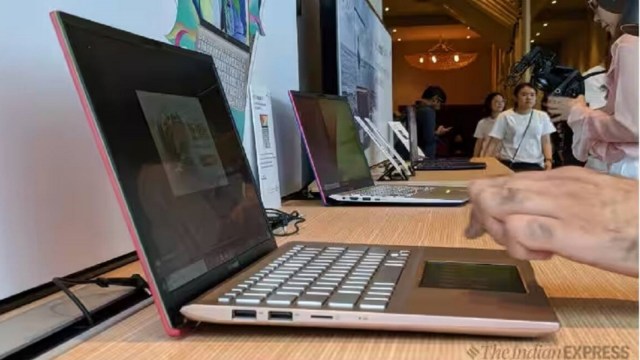The government is also considering the introduction of a credit system for such imports, with a final decision likely once domestic production in India reaches a critical threshold.

The strategy, a source said, mirrors the approach that successfully attracted investment in the tyre manufacturing sector where the government temporarily eased import restrictions on certain tyre categories, contingent on establishing local manufacturing facilities.
In 2020, the import of ‘New Pneumatic Tyres’ was classified under the ‘restricted category’. However, in 2023, the Ministry of Commerce and Industry relaxed the guidelines for tyre manufacturers who committed to investing in India through “brownfield or greenfield projects for manufacturing tyres within the restricted category”.
As a result, global tyre manufacturers such as Bridgestone, Michelin and Goodyear pledged investments worth over Rs 1,100 crore in India.
India’s commitment to the WTO
The use of import permissions to promote domestic manufacturing in “strategic sectors” arises as India cannot increase duties on laptops, PCs and similar IT products, which currently attract zero duty under the commitments made in the Information Technology Agreement of 1997 at the World Trade Organization (WTO).
China is the world’s largest exporter of PCs and laptops, holding a dominant market share of 81 per cent. In 2022, China’s global exports of these items were valued at $163 billion.
Story continues below this ad
Moreover, India has faced significant pressure from the US over the introduction of the laptop ‘import monitoring system’. Many of the leading laptop producers in China, such as Apple, Dell and HP, are headquartered in the US.
US Trade Representative (USTR) Ambassador Katherine Tai had raised concerns during the G20 Summit in India, urging the country to ensure that the current end-to-end online system and related policies do not restrict trade in the future.
In addition, Japan and China have formally raised concerns over India’s laptop import licensing measures.
According to the source, the government’s aim is to achieve self-reliance in this sensitive sector for “security reasons” rather than to impose restrictions on imports.
Story continues below this ad
Domestic production yet to take off
With domestic production of IT hardware such as laptops and tablets yet to reach desired levels, the Ministry of Commerce and Industry earlier this month extended the validity of authorisations issued under the Import Management System (IMS) for restricted hardware items by another year, until December 31, 2025.
The Indian Express had reported that the year-long extension was due to domestic production not reaching desired levels and an import restriction could result in shortages and price rise.
In 2023, the Ministry of Electronics and Information Technology (MeitY) notified a revamped version of the Production Linked Incentive (PLI) scheme for IT hardware to encourage manufacturers to increase local production through subsidies.
Government officials told The Indian Express that strict norms for laptop imports cannot be implemented at present because companies approved under the PLI scheme 2.0 for IT hardware have not yet achieved significant production levels. However, some of these companies are expected to begin operations in the next fiscal year.
Story continues below this ad
A total of 27 companies, including Dell, HP, Foxconn and Lenovo, have been approved for incentives under the IT hardware PLI scheme 2.0.
High import dependence
In the financial year 2023-24, India imported electronic components worth over $12 billion from China and $6 billion from Hong Kong, with the two regions accounting for more than half of India’s total electronic imports.
Over the past five years, electronics imports from China and Hong Kong have significantly exceeded imports from other major manufacturing hubs such as South Korea, Japan, Taiwan and all ASEAN countries combined.
In FY24, electronic component imports stood at $34.4 billion, making them the fifth-largest commodity imported into India, following crude oil, gold, petroleum products, and coal, according to data from the Ministry of Commerce



